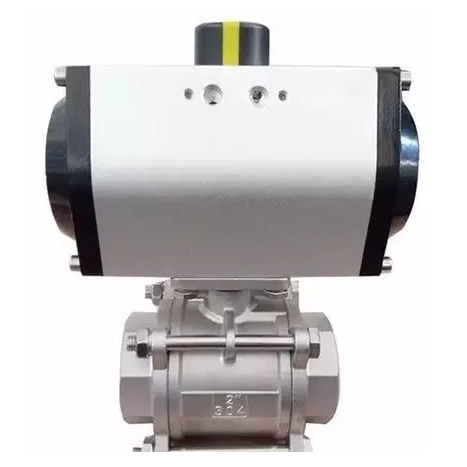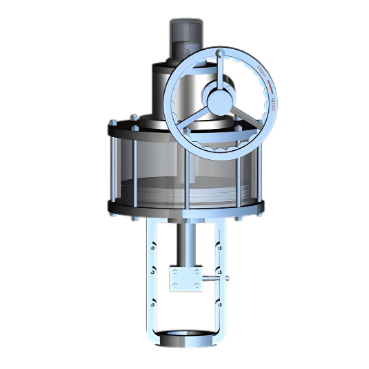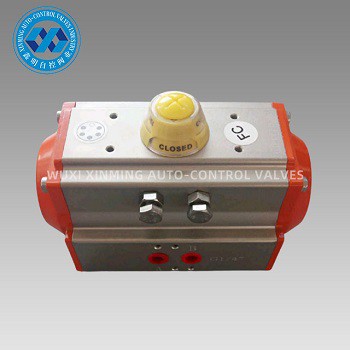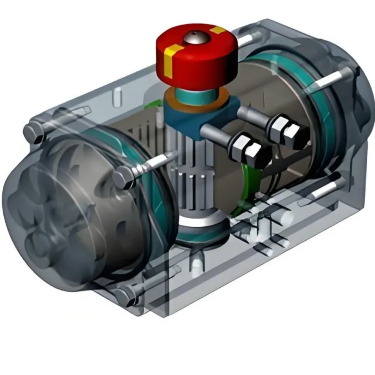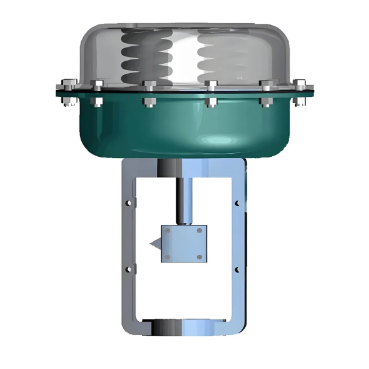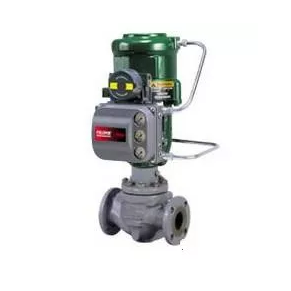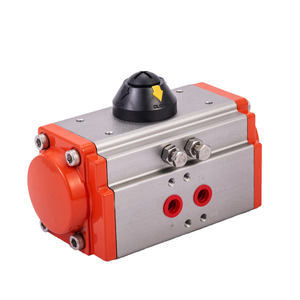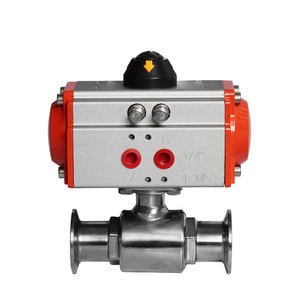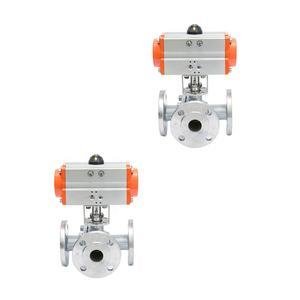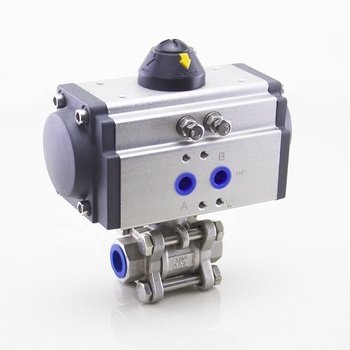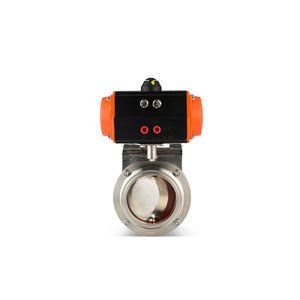Pneumatic actuators are widely utilized in
the industrial realm for their ability to precisely regulate valve opening by
leveraging air pressure variations. The working principle is founded on the
pressure differential. When compressed air is introduced into the actuator's
cylinder, the air pressure exerts force on the piston, propelling it to move.
This piston displacement is then transferred to the valve through mechanical
components like connecting rods, thus altering the degree of valve opening.
This method of adjustment offers numerous
advantages. Firstly, it features an extremely rapid response. It can react
instantaneously to changes in air pressure, swiftly achieving valve opening
adjustments, which meets the time - sensitivity requirements of industrial
production. Secondly, its structure is relatively simple and highly reliable.
Compared to complex electric actuators, it is less susceptible to
electromagnetic interference and has a lower maintenance cost.
In practical applications, pneumatic actuators
are commonly seen in industries such as chemical, petroleum, and power. For
instance, in chemical pipelines, by accurately controlling the air pressure of
pneumatic actuators, the opening of valves for transporting various chemical
raw materials can be precisely adjusted, ensuring the stability and safety of
the production process. In oil refineries, they are also relied upon to
regulate the valves of oil pipeline transportation, guaranteeing the efficient
operation of production.
If you want to learn more about low-priced products, please visit the following website: www.xm-valveactuator.com


